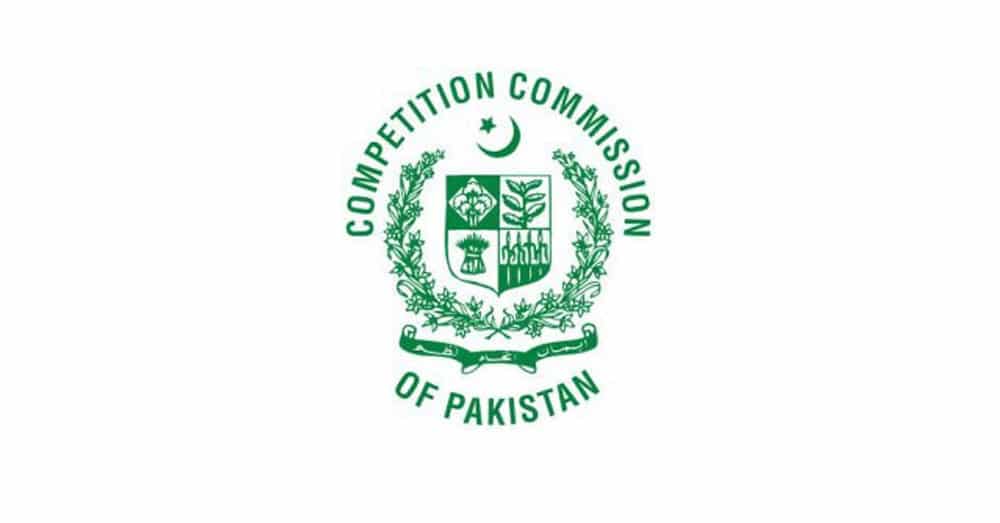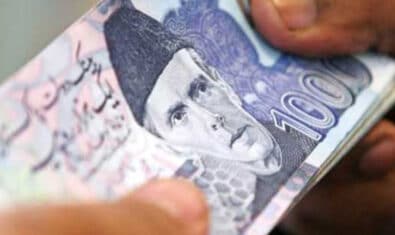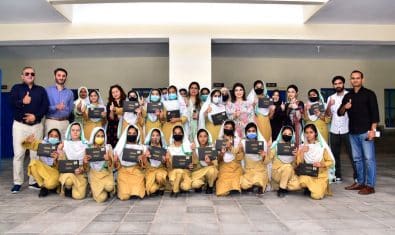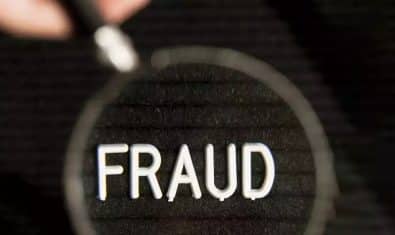The Competition Commission of Pakistan (CCP) has informed the corporate sector that companies involved in misleading and unfair trade practices must be discouraged from selling their inferior products/services in a deceptive manner.
According to an inquiry report of the CCP issued against a company providing testing services, the commission observed that as distribution of false & misleading information and IP infringement attract consumers into purchasing goods and/or hiring services they might otherwise have not opted for, it gives the fraudulent undertakings an unfair advantage over fair competitors and also harms their business.
Thus, in the interest of general public and ordinary consumers specifically, the companies which are involved in misleading and unfair trade practices must be discouraged from selling their inferior products/services in a deceptive manner and they should also be directed to adopt practices which are transparent and provide the consumers/customers true and correct information about their products/services, CCP’s report added.
It was alleged in the complaint that the complainant is one of the renowned training and testing service centers in the country and the respondent company has copied/imitated its trademark, and by doing so, has violated Section 10 (1) of the Act, in terms of Section 10 (2) (d), which prohibits “fraudulent use of another’s trademark, firm name, or product labeling or packaging.”
The inquiry report covers several areas of competition including aspects of depictive marketing practices, trade names, trademark, service marks, fraudulent use of trademark, distribution of false and misleading information, IP infringement and registration aspect of the trademarks within the corporate sector.
The complainant is a registered company incorporated under the provisions of Companies Ordinance 1984, with its head office in Sukkur.
The main objective of the company is to act as an educational training and testing service provider in order to boost representative participation of different segments of the society in education and other entrepreneurial skills, scientific skills/programs acquiring and activities that can lead to the development of employment opportunities.
This inquiry report was aimed at examining the allegations of the complainant. In view of the position stated, it appears that the respondent company is fraudulently using the trademark and a firm name similar to the complainant. As a result, the respondent has, prima facie entered into deceptive marketing practices in terms of the provisions of Section 10 of the Competition Act.
In this regard, the CCP noted when an undertaking decides to start a business with a particular name and style or with a particular trademark or copyright, he/they is/are duty-bound to ascertain and ensure that the name and style or the trademark or copyright which they intend to use, is not being used by any other undertaking.
If such caution is not exercised and business activity is started, then subsequent marketing campaigns are also launched under the said name and style/trademark/copyright and such violations inter alia include deceptive marketing practices, infringement and/or passing-off.
Resultantly, the entire responsibility as to the consequences shall rest on the undertaking who uses the same or similar name and style, trademark or copyright that was already in the use of or was already owned by the other undertaking, the CCP maintained.
“Further, regarding the registration aspect of the trademark in question, we (CCP) are of the view that where an application is pending, the unauthorized use of such a trademark would also constitute a, prima facie, violation of Section 10 of the Act as in terms of Section 33(3) of the Trade Mark Ordinance, 2001, the certificate of registration of trademark would bear the date of application and the rights under that certificate would also take effect from the date of filing of application.”
The undertakings usually use four principal devices to distinguish themselves including trade names, trademark, service marks, and trade dress. Trade names are used to identify corporations, partnerships, sole proprietorships, and other business entities, the CCP report said.
The CCP stated that undertakings develop a relationship with their customers/consumers by building up their reputation and expending considerable efforts and resources in branding i.e. making the goods/services distinct from those of other competitors. Therefore, the goods so sold or services so provided would create goodwill in the mind of the public. The use of similar trademarks and or firm name by other undertakings would cause substantial damage to the trademark owner’s business and goodwill, the report said.
Commercial reputation is actually a very broad concept which refers to the entire reputation of any marks of goods or services provided by business operators, usually including registered trademarks, (well-known) unregistered trademark; unique company names, person names, product names, packages, decorations; origin of products/services, internet domains, and so on.
Usually, use of a commodity/service without authorization, or counterfeiting or using those similar to another’s branded commodity and misleading the consumers would ultimately have a direct impact on the business of the undertaking whose mark is being used without authorization and also on the consumers who may be deceived to purchase the inferior goods or get inferior services.
There is no doubt that the Complainant testing company is engaged mainly in the business of providing testing services to the students and job seekers. The Complainant provides the testing services.
Therefore, it appears that the Respondent testing company is making an attempt to use the trademark, logos and closely resembling symbols in its company name and marketing campaign which were in fact in use by the Complainant almost 3 years prior to the Respondent testing company.
Consequently, such conduct prima facie is likely to give a misleading impression to the consumers/customers regarding the affiliation between the two undertakings i.e. the Respondent and the Complainant, under the name and style of ‘STS’.
Therefore, in light of the mentioned findings of the inquiry report, it is recommended that the Commission may consider initiating proceedings against the Testing company under Section 30 of the Competition Act.





















